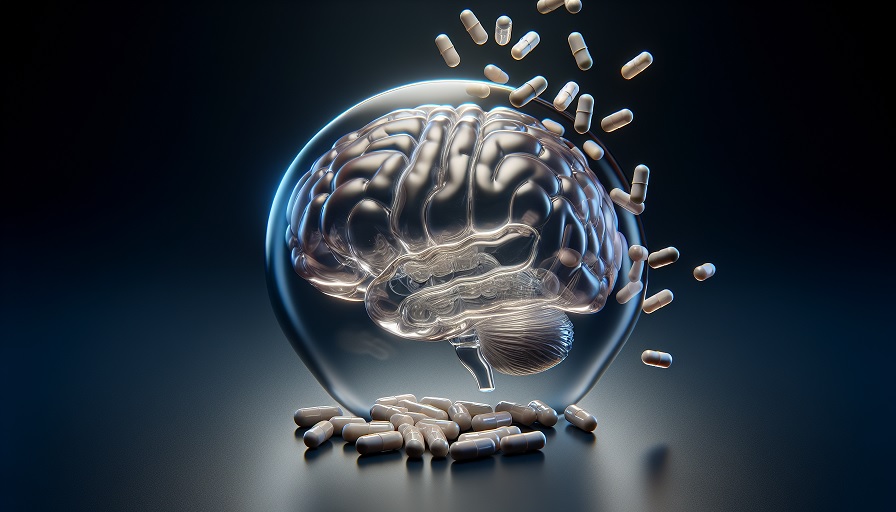
Yes – but timing and tolerance matter. Exposure to cold water activates your body’s stress response, releasing norepinephrine and increasing circulation, which can heighten alertness and focus. Short, controlled cold showers in the morning or post-workout are most effective.
Contents
How Cold Triggers Alertness
When you step into cold water, nerve endings in the skin send an immediate signal to your brain that triggers the sympathetic nervous system – the same network involved in the “fight or flight” response. This releases norepinephrine and adrenaline, raising heart rate, breathing rate, and blood flow to the brain. The surge of these neurotransmitters creates a natural energy spike and sharper focus for several hours.
Hormonal And Neural Benefits
Cold exposure influences brain chemistry in ways that support mood and motivation:
- Norepinephrine Boost: Levels can rise by 200–300%, improving attention and mental clarity.
- Dopamine Release: Brief cold stress raises dopamine, linked to motivation and sustained effort.
- Endorphin Activation: The brain’s natural painkillers rise, producing a calm, uplifted after-effect often described as “clear energy.”
Best Times And Durations
Morning cold exposure supports wakefulness, while post-exercise showers can help reduce inflammation and fatigue. Start with gradual adaptation:
- Begin Mild: Finish your normal shower with 20–30 seconds of cool water.
- Progress Slowly: Add 10–15 seconds each week until you reach 1–2 minutes of cold water.
- Use Breathing Control: Inhale calmly through the nose, exhale slowly through the mouth to prevent hyperventilation.
Short-Term vs. Long-Term Effects
In the short term, cold showers boost alertness, focus, and mood. Over weeks, consistent exposure may enhance stress resilience by training your nervous system to recover more quickly from stressors. This “hormetic” adaptation strengthens both physical and cognitive endurance.
Common Mistakes To Avoid
Cold exposure is stimulating, but too much too soon can backfire:
- Overexposure: Extended or extreme cold can cause fatigue and stress hormone overload.
- Skipping Warm-Up: Always warm up afterward, especially if you feel chilled or dizzy.
- Evening Cold Showers: They may delay sleep for some people by elevating alertness late in the day.
- Ignoring Medical Limits: People with heart conditions, Raynaud’s syndrome, or hypertension should consult a doctor before starting cold exposure.
Combining Cold Showers With Other Habits
Pairing cold exposure with complementary routines amplifies benefits. Deep breathing (as in the Wim Hof method) improves oxygenation and mental calm. Morning sunlight right after a cold shower further resets your circadian rhythm, helping energy last longer through the day.
What To Expect Over Time
Most people experience sharper alertness and mood improvement within a week. After 3–4 weeks, the initial shock fades, replaced by a controlled wake-up effect and improved stress tolerance. Cognitive benefits may be less about the cold itself and more about conditioning your brain to stay composed under brief stress.
Cold showers can increase mental alertness by activating the body’s stress response and boosting key neurotransmitters. Start gradually, use proper breathing, and schedule them early in the day to maximize energy and focus safely.

